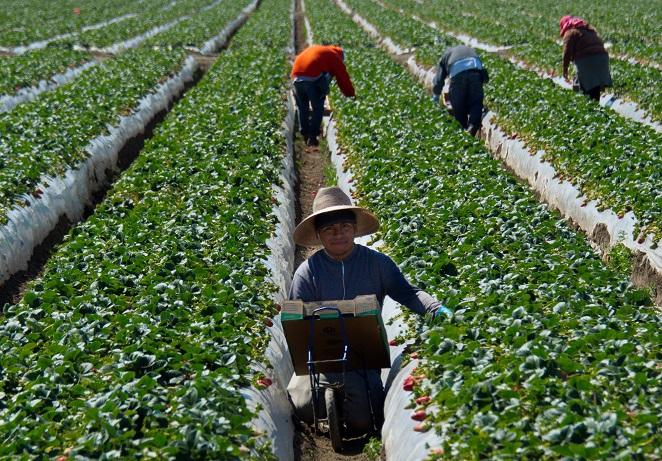Sens. Dick Durbin (D-Ill.) and Lindsey Graham (R-S.C.) agree that the shortage of seasonal farm workers in the United States is approaching crisis levels. But they differ on how to address the problem as it relates to recent immigrants.
Witnesses at a May 31 hearing of the Senate Judiciary Committee said current immigration law leaves immigrants open to exploitation and abuse by human traffickers and unethical employers.





